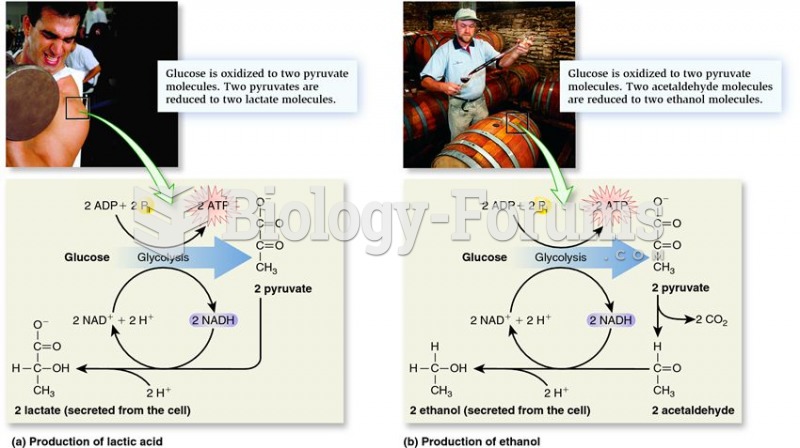Answer to Question 1
Code of silence is the exact opposite of an act where a person tells the public or someone in authority about alleged dishonest or illegal activities occurring in government institutions, public or private organization, and companies. Myron Mehlman, a toxicologist, warned managers at Mobil that the company's gasoline that was being sold in Japan contained benzene in excess of 5 percent, and that levels needed to be reduced. Upon his return to the United States, he was fired. There have been much drastic consequences like when Marlene Garcia Esperat, a former analytical chemist for the Philippines Department of Agriculture who became a journalist to expose departmental corruption, was murdered in 2005. The consequences of making allegations to the public about illegal activities occurring in a company are dire. People resort to the code of silence because it offers a security against one's job and one's life.
(Student answers may vary.)
Answer to Question 2
Egoism is the approach to deciding what is right and wrong only in terms of selfish self-interest. While some individuals follow the path of egoism as a consistent guide to all of life's decisions, many more people are situational egoists, meaning that they will consider the interests of others as well as their own interests unless a situation comes up where they want only their own interests. The Christian faith perspective on egoism sees it as unbridled selfishness, which is sinful and destructive. If everyone followed this approach, the result would be social conflict, murder, and war followed by a general breakdown of human society.







